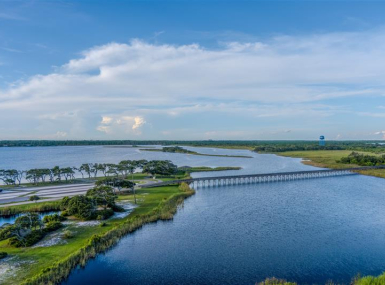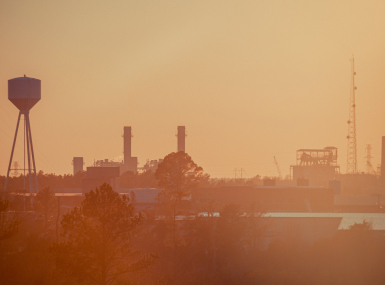Maui County challenges decision to require NPDES permit
Author
Upcoming Events
Related News
Court equates discharge into ground with discharge into ocean
Like many counties, Maui uses injection wells to dispose of its treated wastewater in compliance with federal Safe Drinking Water and state environmental regulations. At least the county believed its Lahaina Wastewater Reclamation Facility met all applicable standards and had done so for decades. But the U.S. District Court in Honolulu believed otherwise.
In what could be generously called a “novel” decision, the court ruled that the Lahaina facility was subject to Clean Water Act parameters and required a NPDES (National Pollutant Discharge Elimination System) permit to operate.
The court based its decision on a concept dubbed the “conduit theory.” A familiar term in financial and investment circles, the conduit theory, in this case though, was not about investments but about water and the paths it takes.
As explained by Maui County Council Chair Mike White, the court reasoned: All groundwater eventually makes its way to the ocean; groundwater is therefore a “conduit” to the ocean; consequently, discharge into the ground is legally the same as discharge into the ocean.
“Maui County appears to be first entity in the nation to be affected by this interpretation of the law,” White wrote in a recent update to WIR members.
“It should be noted however, the conduit theory could also apply to groundwater making its way to lakes or rivers.”
The county has appealed the decision to the 9th U.S. Circuit Court of Appeals, based in San Francisco. The 9th Circuit is often viewed as the most liberal of the appeals courts.
NACo, along with several other national and state associations including the California State Association of Counties, the National League of Cities and the International Municipal Lawyers Association, signed onto an amicus brief supporting Maui County’s effort to reverse the District Court’s decision.
Attachments
Related News

House Agriculture Committee introduces 2026 Farm Bill
On February 13, House Agriculture Committee Chairman G.T. Thompson (R-Pa.-15) introduced the House version of the 2026 Farm Bill, the Farm, Food, and National Security Act of 2026.

Congress increases oversight of Gulf Coast Restoration Trust Fund
On February 3, Congress passed new funding and authority for an audit and expanded oversight of the Gulf Coast Restoration Trust Fund, which houses federal funds for recovery from the Deepwater Horizon oil spill disaster. The provision was included in the Financial Services-General Government appropriations bill (FSGG), which was one of five included in a minibus package passed by Congress (P.L. 119-75).

U.S. Environmental Protection Agency announces repeal of 2009 Endangerment Finding for greenhouse gases
On February 12, the U.S. Environmental Protection Agency (EPA) announced it was repealing the 2009 Endangerment Finding, which is basis for EPA regulation of greenhouse gas (GHG) emissions under the Clean Air Act.
